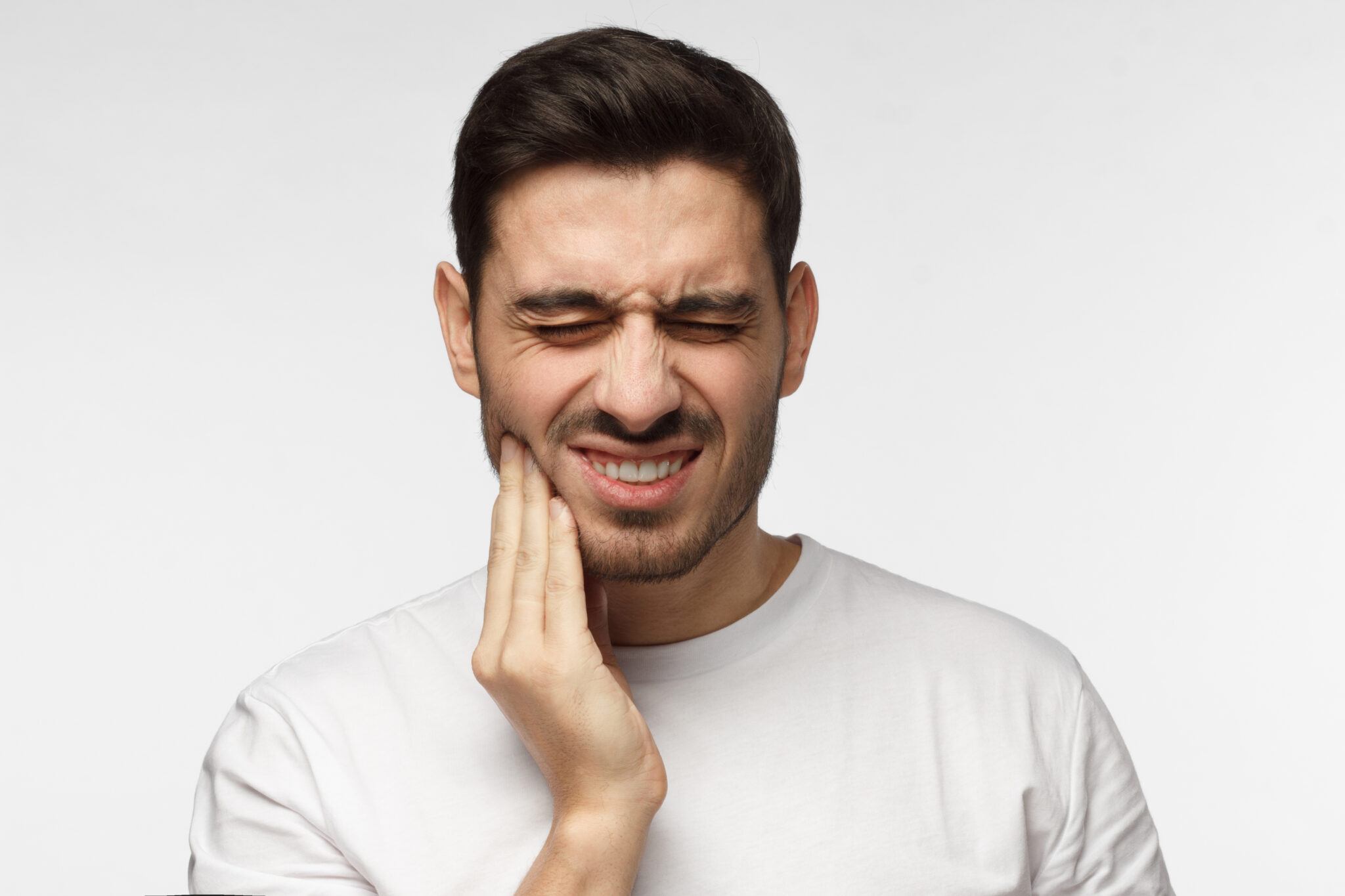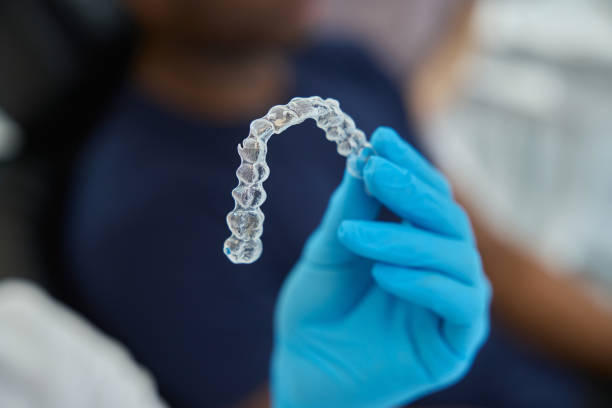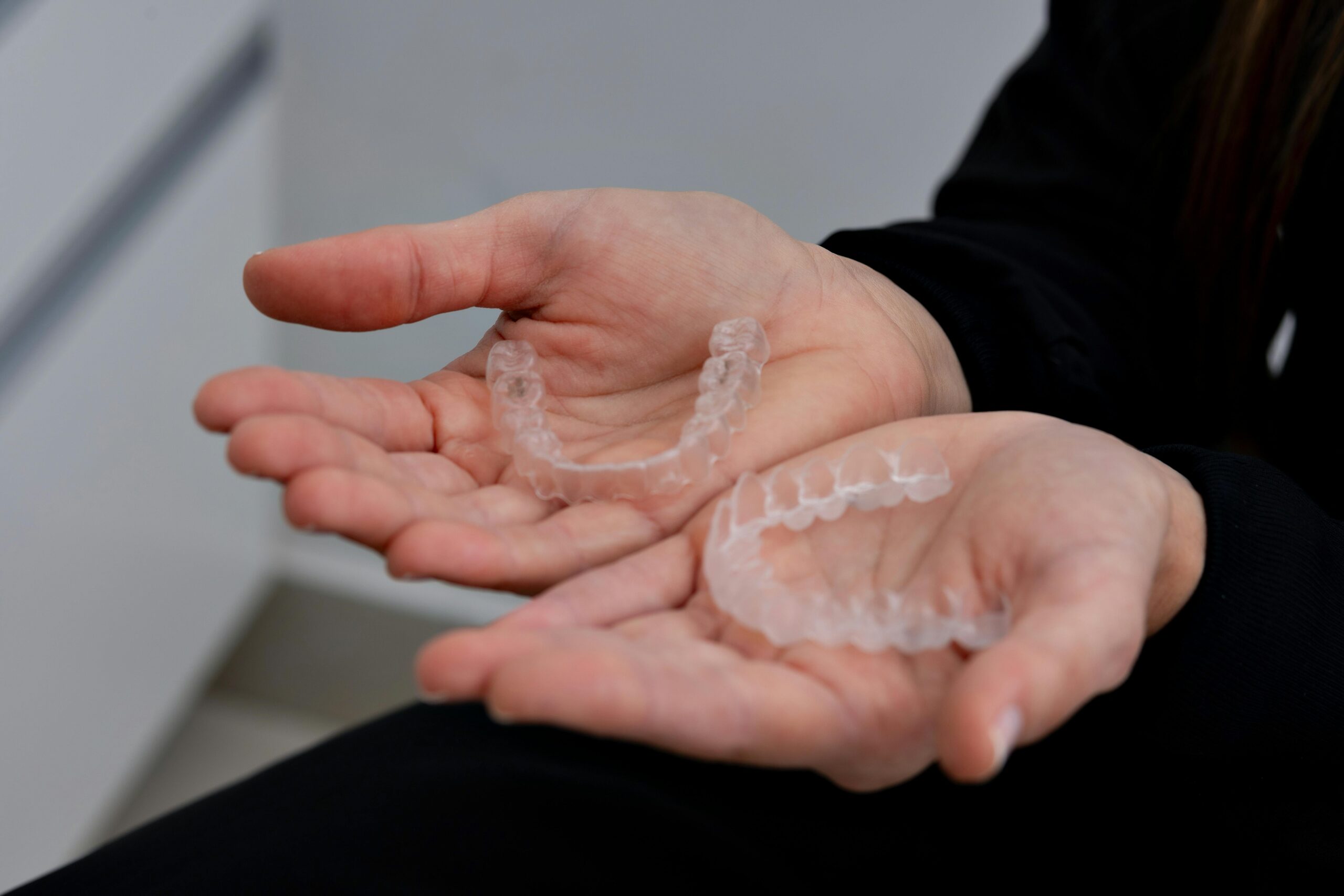Clear Teeth Aligners Clear teeth aligners have become a popular alternative to traditional braces, with the leading brand Invisalign standing out in …
Scared of the dentist but need treatment? How can IV sedation help?

What is dental phobia and why is it a problem?
Scared of the dentist? Dental Phobia? You are not alone. Sources range from 13 – 24% of the global population having a fear of the dentist. That equates to nearly 8 million people in the UK having a dental phobia.
This varies from mild anxiety which is not disabling, to a much more restrictive ‘Phobia of the Dentist’, sometimes known as odontophobia. Such a phobia can be so serious that it prevents a person from going to the dentist, even if they are in pain, have missing teeth or need treatment. This can have a consequential impact on not only one’s appearance and social and professional relationships but also on their overall health.
The reasons for such fear are multiple and can relate to a fear of pain, fear of the dentist or surgeon, fear of choking, fear of sitting still for a long period of time and even environmental factors in the clinic such as equipment, noises and smells.
So what options are available for patients with such fear? Read on to see how The Harley Street Implant Centre can help.
Can I be put to sleep if I am scared of the dentist?
As such, a common request is whether a patient can be put to sleep at the dentist. For routine as well as longer and more complex procedures such as dental implant surgery, more and more patients are asking if they can be put to sleep for their procedure.
While traditionally being put to sleep via a General Anaesthetic is reserved for more complex procedures in hospital, at The Harley Street Implant Centre, there is the option to have intravenous (IV) dental sedation, which will relax you, alleviate any anxiety and block any memory of the procedure. If you are scared of the dentist but need treatment, this is a great option for you.
What is sleep dentistry and how can it tackle dental phobia?
Dental sedation, sometimes known as ‘sleep dentistry’, is an option for patients who are anxious or apprehensive about being awake and fully conscious during their dental implant surgery. There are a couple of techniques available to patients here where a medication is given to help you relax and prevent pain during your implant treatment. Dr Anthony James is trained and specialises in conscious sedation and is available to talk through your options to find a solution that works for you.
Intravenous sedation
Intravenous (IV) sedation means delivering a medication via a cannula, a small plastic tube in a vein in your hand or arm to make you sleepy and relaxed. You will be less aware of what is going on during your implant surgery and in many cases won’t even remember the treatment after waking up at the end. IV sedation can also remove pain or reduce it to a minimum, which considerably reduces anxiety for patients. We offer advanced polypharmacy sedation techniques for a deeper level of sedation.
Due to the effects of IV sedation taking longer, more treatments can be performed in the same appointment. The effects last for up to 12 hours and therefore you will need to go home via car or taxi as you will be unable to drive, perform care for children / elderly adults, breastfeed, work and exercise for 24 hours post treatment. It is advised you have an adult who can look after you post treatment, but you can eat, drink and take any medication as normal. It is also advised to not smoke or drink alcohol for 24 hours post treatment.
Will I feel pain during intravenous sedation?
The good news with IV sedation is you will likely experience little to no pain and you may not even remember having the implant surgery after waking up. It is a safe level of sedation that is strong enough to ensure full pain relief.
Do I have to prepare for dental sedation?
Dr Anthony James will discuss this with you beforehand at your initial consultation and ensure any questions you have are answered satisfactorily. Guidelines state that fasting is not required for sedation, as respiratory and esophageal reflexes are maintained so you won’t aspirate your stomach content. It is advised to eat something light prior to the appointment.
How safe is dental sedation?
As with any treatment, there are associated risks, however dental sedation at The Harley Street Implant Centre is very safe as Dr Anthony James has placed over 4000 implants and has specifically trained and specialises in sedation for his dental patients. Some risks associated with IV sedation, including adverse reactions to the medications, nausea, drowsiness and forgetfulness post-procedure. The detailed medical consultation and peri-operative monitoring provided by The Harley Street Implant Centre should minimise these risks and ensure your trip to the dentist is as comfortable as possible.
Is Dental Sedation necessary?
Dental sedation is not necessary, however it can greatly help patients with managing pain and dental phobia. There are many types of dental sedation techniques used in practice, including inhalation sedation (laughing gas), oral medications, IV sedation and general anaesthesia. IV sedation provides a longer and stronger form of sedation when compared to inhalation or oral sedation. However, it will not completely ‘knock you out’ like general anaesthesia, where the patient will be unconscious and requires intubation to maintain their breathing.
How can Dr James help?
Dr James has a post-graduate diploma in dental sedation and has previously held a weekly sedation list. He is now a clinical supervisor in sedation dentistry where he helps to mentor and train other dentists in this technique. At Harley Street Implant Centre, Dr James is unique in that he is qualified to use several medications intravenously.
IV sedation is the solution to those who are scared of the dentist but need treatment. Curious to learn more about dental sedation for your dental implant procedure? Contact us to book an appointment.
What is Composite Bonding? A comprehensive guide for patients Composite bonding has become a very popular cosmetic treatment, particularly for those seeking …
Add Your Heading Text Here Invisalign Tips and Tricks Invisalign is a modern alternative to the traditional braces. It is what it …
Invisalign vs Braces In the realm of orthodontics and dentistry, a common dilemma for patients is choosing between Invisalign vs braces. Both …



